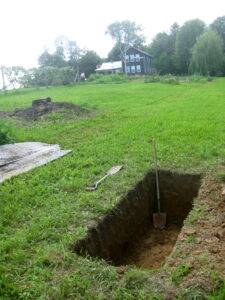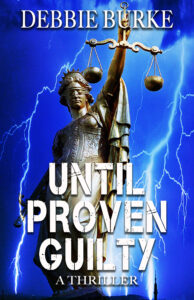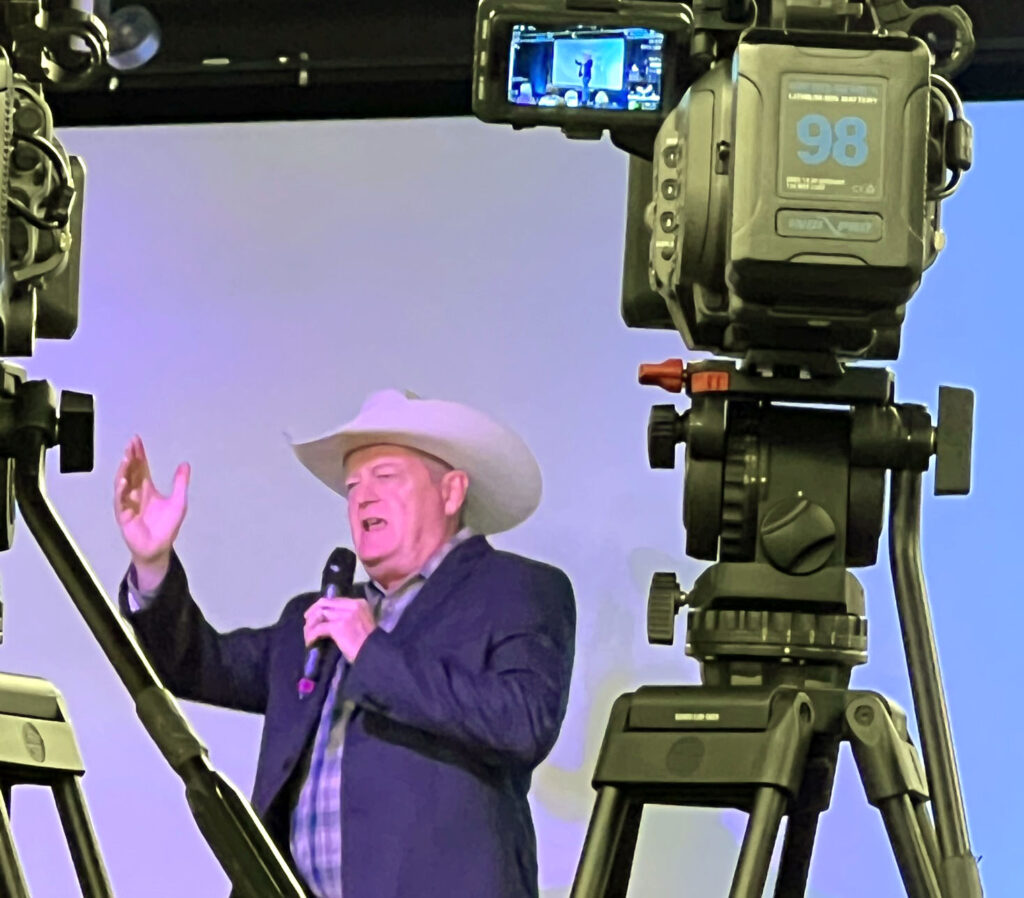by James Scott Bell
@jamesscottbell
 John Jakes was a journeyman pulp writer for 20 years before bursting onto the New York Times bestseller list with The Bastard (1974). This was the first book in what would become the Kent Family Chronicles, eight historical novels written to ride the wave of the American Bicentennial. It worked. Jakes was the first writer to have three novels on the New York Times bestseller list at the same time. More than 55 million copies of his Kent Family Chronicles are currently in print, along with 10 million copies of The North and South Trilogy. Six of his novels have been filmed as television mini-series. He currently resides in Florida with Rachel, his wife of 71 years.
John Jakes was a journeyman pulp writer for 20 years before bursting onto the New York Times bestseller list with The Bastard (1974). This was the first book in what would become the Kent Family Chronicles, eight historical novels written to ride the wave of the American Bicentennial. It worked. Jakes was the first writer to have three novels on the New York Times bestseller list at the same time. More than 55 million copies of his Kent Family Chronicles are currently in print, along with 10 million copies of The North and South Trilogy. Six of his novels have been filmed as television mini-series. He currently resides in Florida with Rachel, his wife of 71 years.
Nice life. Nice career.
I recently re-read an article he wrote back in 1988 for the annual market report put out by The Writer magazine. The title: “What Does it Take to be a Writer?” As I looked at his advice I wondered if it still applied, or if some modification is called for. Here’s a bit of it, with my comments.
- Be sure
“Do you really want to pay the price? It isn’t small. Are you willing to isolate yourself day after day, session after session, year after year, in order to learn your craft the only way you can–by writing?”
Do young writers—heck, young people in general—think this way anymore? We live in the age of instant gratification, where if you’re not a TikTok influencer by age 16 life simply cannot be endured. The thought of spending years of hard work before getting a payoff is anathema.
I determined to become a writer at age 34. To do whatever it took to get there. I knew the odds. I knew it would take a long time to make it, if I ever did. Not a day went by in those early years when I wasn’t writing and studying the craft. It took me seven years before my first novel was published.
Today, with everything moving at the speed of digital light, is this advice quaint? Does the concept of hard work and persistence resonate anymore?
- Be determined
“With determination and practice, you can probably become at least a part-time professional. To do it, however, you must write and keep on writing, trying to improve all the time.”
This is an obvious corollary to #1, above. What Jakes adds is that virtually anyone can get to a place where they’re making some dough in this game. I think that’s truer now than ever. Being a determined student and practitioner of writing makes income almost inevitable—so long as you recognize it’s not always going to be big bucks. Mega deals from the Forbidden City still happen, though not as frequently as in years past. More likely is a modest advance and a “wait and see” attitude by the publisher.
Of course, we now have the indie route. Determined writers are making money here. Even if the revenue stream is small, it’s worth it as long as you are enjoying the process of making up stories.
- Be open
“I mean being willing and eager to have all the flaws in your work exposed, so that you can fix them… you must want to find the weak places for yourself, before the editor sees them. It is this rather cold-blooded attitude that sets most money-earning writers apart from dabblers and those who would rather talk about being a writer then do what it takes to be one.”
This still holds true. You can’t have a chip on your shoulder, especially early in your career. I don’t mean you shouldn’t have confidence. Maybe even a little attitude. But if you never take any criticism and refuse to consider that you might not yet be God’s gift to the literary world, you’ll remain a dabbler.
- Be curious
“Read everything you can read. Read widely, not merely in your chosen field of writing. Spend as much time as you can with your mouth shut and your eyes and ears open…Watch people. Watch the sky. Watch a baby’s repertoire of expressions. Watch the way sun puts shadow on a wrinkled garment. Nothing should escape your notice. Everything eventually contributes to what you write, even though the way it contributes is totally unknown to anyone, including you.”
This is obviously sound advice for a writer. “You can observe a lot just by watching,” Yogi Berra said. But with people walking along on a sunny day with their eyes glued to their phones, you have to wonder how much observing is being done anymore.
- Be serious
“Give unstintingly of yourself when you write. The kind of effort NFL players casually refer to as ‘110 percent’ There’s something to it… Give your work the best you have to offer at the moment you do it. Give it a clear head, and a body that’s fit and rested.”
This requires focus, a rare commodity these days. We are all under the curse of the multi-task. Or attention spans are fractured. We have lost the concept of “deep work.”
Jakes says that anyone following these requirements will find eventual success. “Not enormous wealth, mind you. Not a best seller every year. Not immortality—just the solid satisfaction of being a writer. It’s a proud and ancient profession, and it’s a great feeling to achieve even a little success in the business of entertaining and enlightening millions with your own words. It’s a calling very much worth the price.”
Do you agree? How would you modify or add to Jakes’s advice?














 Emotion, Beginnings, and Anti-heroes
Emotion, Beginnings, and Anti-heroes The nice weather has finally hit New England. Yay!
The nice weather has finally hit New England. Yay!